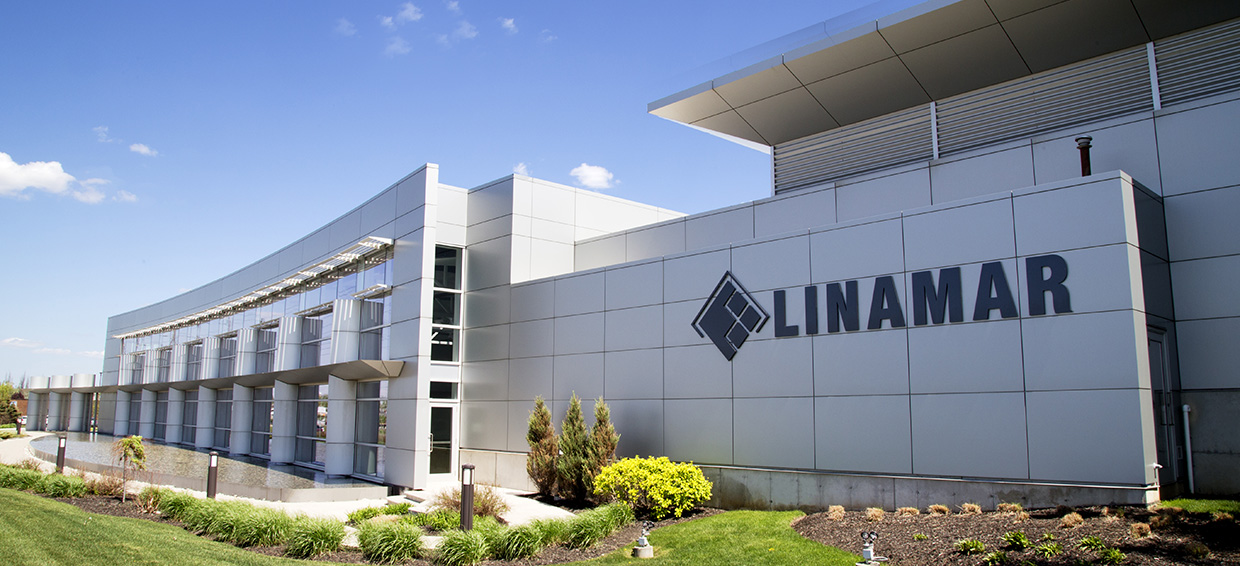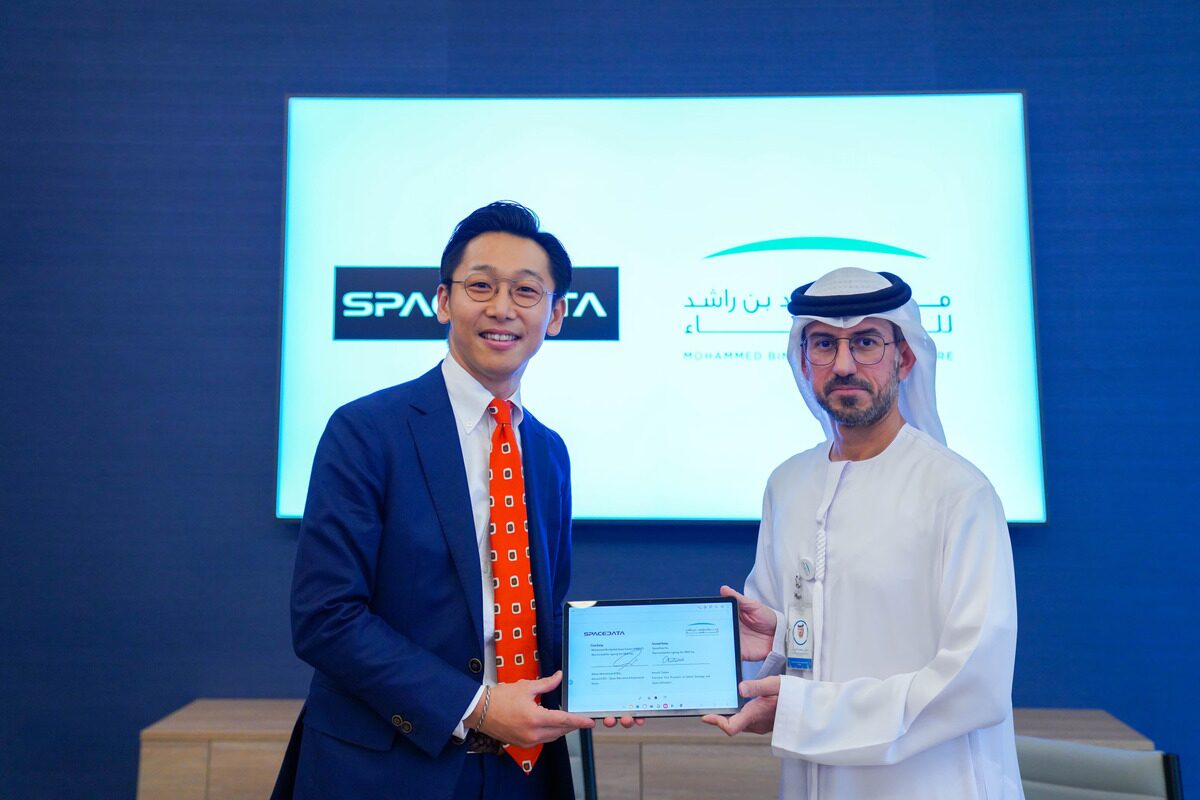Blockchain technology offers major boost to tomatoes | Article

SecQuAL project finds multiple benefits for the tomato and wider fresh produce industry
A multi-partner UK research and development project to map fresh produce from source to consumer using digital technology to reduce food waste has been developed.

The project uses blockchain technology for secure storage and transfer of data to form a thread detailing the whole process from farm to fork. The approach is said to ensure that digital information is accessible to the right parties at the right time to enable effective and efficient decision-making.
The technology also has the capability to cut carbon emissions caused by unnecessary transport and boost consumer confidence in the food the nation purchases and consumes.
The SecQuAL project – Secure Quality Assured Logistics for Digital Food Ecosystems – was funded by Innovate UK for two years before being extended. UK-based agriculture consultancy ADAS was one of 10 key partners on the project.
ADAS senior consultant Hassan Bagheri said: “The idea behind the SecQuAL project was to improve supply chain efficiency and to reduce food waste. The team developed a digital tracking and condition-monitoring system that can be placed on food produce in the form of a digital tag at the very start of its journey through the supply chain and collect data as it is moved from farm to fork.
“The system enables the collection of information about the conditions the produce was stored in and exposed to and when, its physical location at a given time and, ultimately, what happened during its production and movement. Through this process, we can gain unprecedented visibility into supply chain data to identify process inefficiencies.”
Solution for tomatoes
“Initially, the technology was tested on pork products with Cranswick, a consortium partner, as its first-use case, but it has the potential to be far more widely applied,” Bagheri continued. “Through our collaboration with Suncrop, we have developed and tested a proof-of-concept solution to reduce wastage for harvested UK fresh tomatoes. In an industry valued at £957 million per year, marketing a higher proportion of fresh tomatoes alone represents a 5 per cent increase, equivalent to £49 million per year, benefiting growers and retailers alike.
“This breakthrough will not only contribute to the profitability of fresh produce but also open doors for wider marketing opportunities across various crops, including vegetables, cut flowers, indoor plants and soft fruits.”
Suncrop operations director Richard Hall said: “This product could revolutionise the goods-in-transit world. Being able to track pallets would give a more accurate understanding of estimated arrival times, which in turn could save time and costs, through reduced communications with hauliers and more efficient use of labour.
“I believe the additional features such as temperature and humidity, combined with GPS tracking, could make any transport claims process undeniable, again saving time and costs. The food industry is very time sensitive, because of the fragile nature of the product, so to have the information this delivers would be so extremely useful.”
‘Multiple benefits’
SecQuAL’s digital technology offers multiple benefits to the food industry beyond waste reduction. Bagheri added that it will also improve food assurance by enabling remote regulatory oversight and increased transparency in the supply chain, support setting new standards for waste accountability, and ensure standards and provenance of foodstuffs sold to consumers.
“This has been made possible by using a platform developed by IBM called IBM Food Trust, which uses blockchain technology and provides a thread across all parts of the process from farm to fork,” Bagheri explained. “IBM Food Trust is the first blockchain food safety solution that allows partners across the food supply chain to share food information confidently and securely, creating a more transparent and trustworthy global food supply chain.
“The solution developed by SecQuAL provides authorised users with immediate access to actionable food supply chain data from farm to store and, ultimately, the consumer. The complete history and current location of any food item, along with its accompanying information (such as certifications, test data and temperature data) can be readily available in seconds.”
link

:max_bytes(150000):strip_icc()/GettyImages-2180899837-76a28f7fb80044789d3969c64562161f.jpg)




